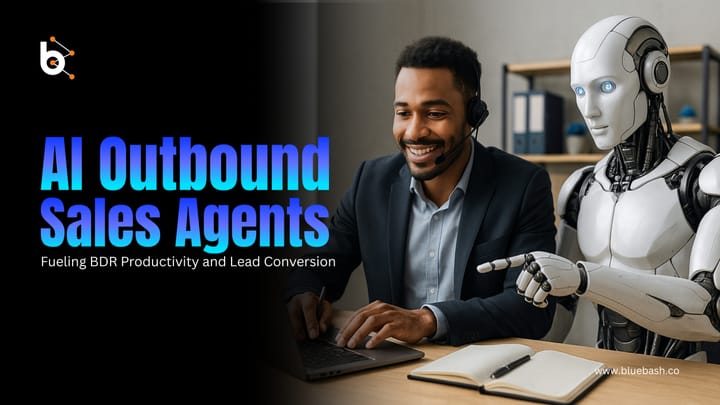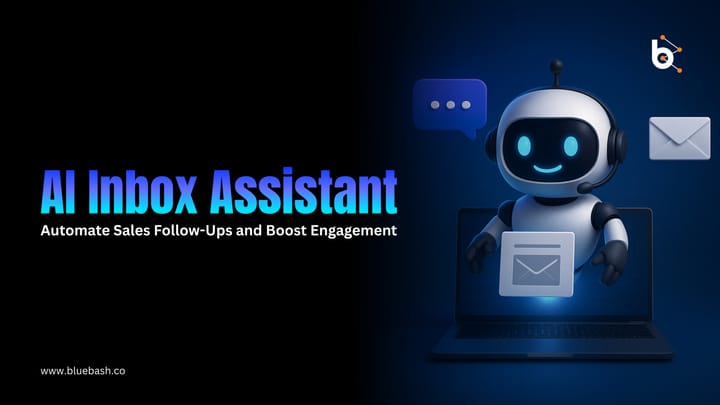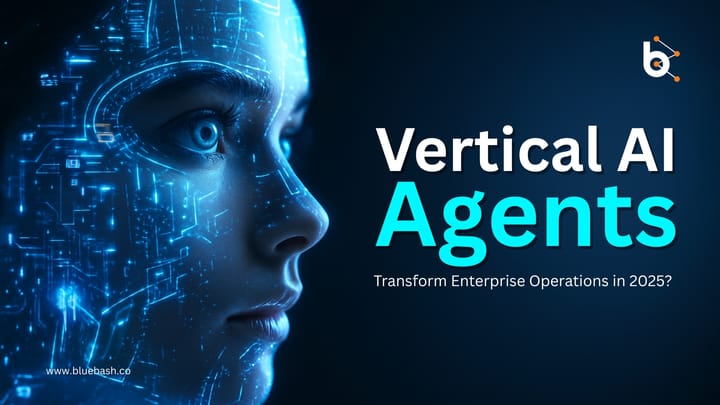How Can Multi-Agent AI Transform HR from Recruitment to Retention?
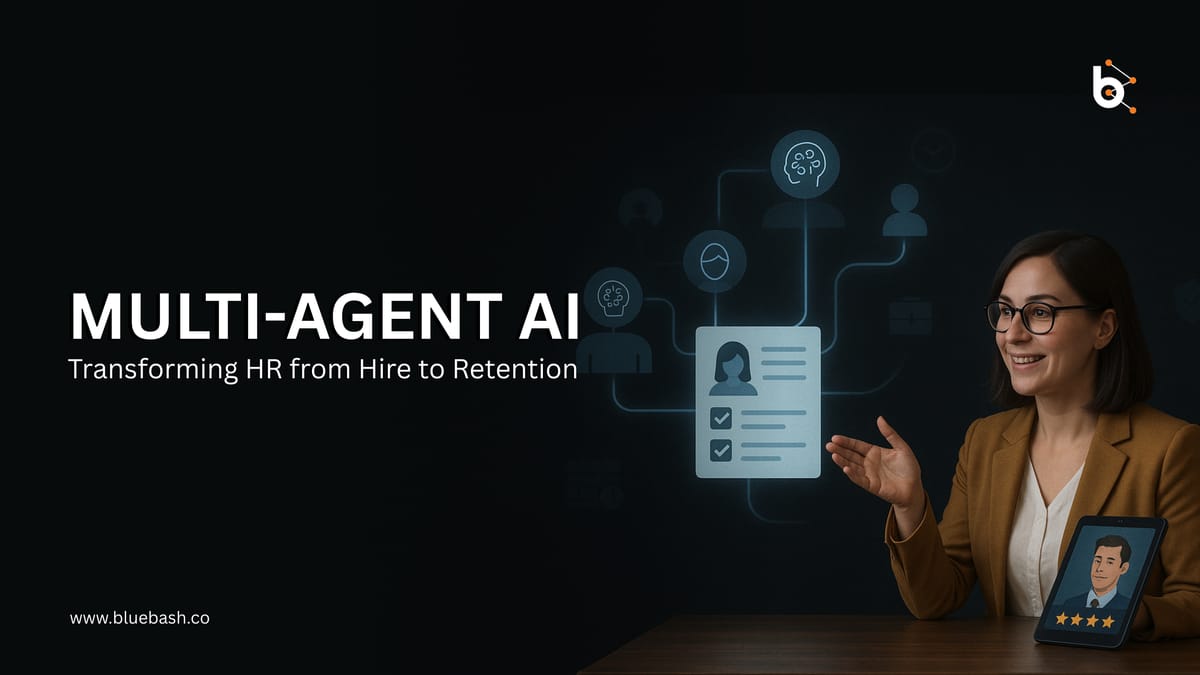
In today’s fast-evolving workplace, HR departments are under constant pressure to manage increasing complexity—from hiring top talent to retaining employees through personalized experiences. The traditional human resources model, often dependent on manual processes or singular AI tools, is quickly becoming outdated. Enter multi-agent systems in HR—a powerful shift in how HR operations are executed, automated, and optimized.
This blog explores how HR multi-agent systems are revolutionizing the entire employee lifecycle—from recruitment to retention—by introducing collaborative, intelligent, and autonomous agents. We’ll break down the challenges of modern HR, introduce the concept of multi-agent vs single-agent systems, and demonstrate how AI agents for human resources are delivering true transformation.
Understanding the Current HR Landscape
Human Resource Management (HRM) in today is complicated, covering areas like hiring, orientation, continuous learning, job evaluation, handling payroll, following rules and engaging workers. With growth, HR departments have to deal with more demanding and larger numbers of tasks, often making things difficult for them.
Even though technology is greatly used in HR, a lot of HR teams use isolated tools instead of integrated systems. It causes work to be less productive, important details to be missed and employees to be unhappy.
In this area, the use of AI agents and multi-agent system architecture can greatly improve the way things are managed, helping HR react faster and more thoughtfully.
Challenges in Traditional HR Processes
Before diving into how multi-agent AI can help, let’s identify some persistent pain points in HR:
- Fragmented Data and Systems: HR data is often scattered across different platforms (e.g., ATS, payroll software, LMS), making it difficult to have a unified view.
- Manual and Repetitive Tasks: Screening resumes, scheduling interviews, managing paperwork—these tasks consume time and resources.
- Slow Decision-Making: Human-driven decision-making often lacks real-time insights, leading to delays in recruitment and performance management.
- One-size-fits-all Employee Experience: Personalization is hard to scale manually, leading to disengaged employees.
- Compliance and Risk Issues: Keeping up with labor laws and regulations manually increases the risk of costly errors.
Traditional HR automation tools often fall short because they operate in silos or use single-agent systems that are not designed for collaborative or adaptive problem-solving.
What Is a Multi-Agent System in HR?
A Multi-agent system (MAS) brings together several intelligent agents to cooperate and accomplish challenging objectives. Every agent in the system has a particular job (e.g., hiring, onboarding, training programs) and is able to work independently, sharing data and information with the other agents.
Unlike single-agent systems which are built to tackle one problem alone, HR multi-agent systems can control the entire process as it unfolds.
For instance, in a recruitment scenario:
- One agent can analyze resumes,
- Another can assess cultural fit based on company values,
- Another can schedule interviews and handle candidate communication.
All agents collaborate to ensure a seamless and data-driven hiring experience.
How Do Multi-Agent Systems Solve HR Challenges?
Let’s examine how multi-agent systems directly address the core challenges we mentioned earlier.
- Data Unification and Intelligence
Custom AI agents can integrate with existing HR tools (like Workday, BambooHR, or Greenhouse) to extract and centralize data. A data synthesis agent can then clean and process this information, allowing downstream agents to make accurate decisions. - Automating Repetitive Tasks
Tasks like CV parsing, candidate communication, and onboarding paperwork can be automated by task-specific agents, freeing HR professionals to focus on strategic planning and relationship building. - Enhancing Decision-Making
Decision-support agents analyze performance metrics, employee engagement surveys, and productivity tools to provide real-time recommendations for promotions, training, or reassignments. - Personalized Employee Experiences
An employee engagement agent can track preferences, engagement levels, and feedback in real time, customizing learning paths, wellness programs, and communication styles. - Real-Time Compliance Monitoring
A compliance agent monitors legal updates and automatically adjusts policies or flags issues to ensure the company remains audit-ready.
Architecture of an HR Multi-Agent System
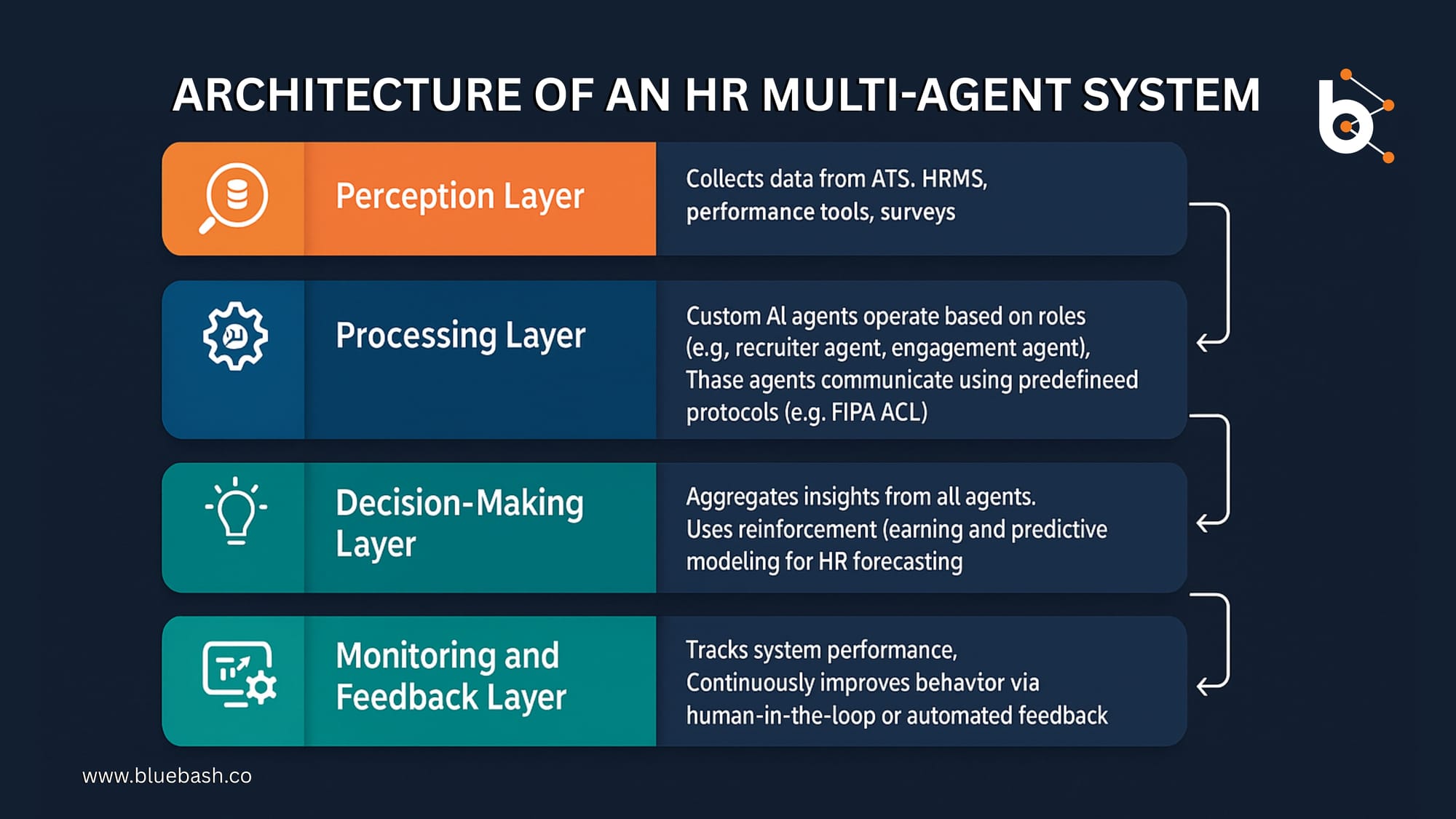
Benefits of Using Multi-Agent AI in HR
Organizations that deploy AI agents for human resources stand to gain a wide range of benefits:
- End-to-End HR Automation
From sourcing to succession planning, every phase of the employee journey can be managed with interconnected agents, enabling human resource process automation at scale. - Enhanced Speed and Accuracy
Having AI agents on the team allows hiring, onboarding and responding to workers’ requests to happen at any time, without getting tired. - Better Decision-Making
Smarter choices about hiring, keeping and developing people are possible with a full view of employees offered by integrated data and analytics. - Personalized Experiences
Every employee can get personalized development paths, benefits and ways to engage, according to current information. - Reduced Operational Costs
Using machines to take care of tedious and repetitive tasks helps HR and improves how staff members feel. - Future-Proofing the Workforce
Based on analysis of trends, things employees lack and their feelings, HR agents support organizations to meet future talent demands and changes in the workplace
Why Choose Bluebash for HR Multi-Agent Systems?
At Bluebash, we specialize in designing custom AI agents tailored to your HR workflows, goals, and tools. Here’s why leading enterprises and startups trust us:
- Proven Expertise in AI Agents Development: Our team brings years of experience building scalable multi-agent systems across industries.
- Customized to Your Ecosystem: We integrate with your existing HR stack—be it Oracle, SAP, or smaller platforms.
- End-to-End Consulting and Support: From strategy and architecture to deployment and optimization, we support your HR transformation journey.
- Ethical AI and Compliance: Our solutions are built with security, transparency, and compliance at the core.
Whether you're looking to automate recruitment, personalize employee development, improve HR analytics, or invest in robust AI agent development, we build intelligent solutions that work in harmony—not in isolation.

The Future of HR with Multi-Agent Systems
As workforces become more remote, global, and diverse, the demand for intelligent, agile HR systems will only grow. Future HR departments will rely on HR multi-agent systems not just for operational efficiency, but for delivering strategic value.
Expect innovations such as:
- Emotionally Intelligent Agents: Detect employee burnout or disengagement early.
- Autonomous Learning Agents: Create personalized upskilling programs in real-time.
- Predictive Talent Analytics: Forecast attrition risks and succession planning needs.
The multi-agent vs single-agent debate will end decisively in favor of the former, as organizations realize the superior adaptability, scalability, and intelligence of MAS-based HR solutions.
Conclusion
The integration of multi-agent systems in HR is more than just a technological upgrade—it’s a strategic transformation. Companies can optimize the efficiency, created personal experiences and better decisions related to HR by assigning tasks to intelligent agents. AI agents in human resources help speed up recruiting, increase engagement and lower staff turnover, ensuring the team stays ready for workplace changes.
Because the workforce is quickly changing, HR multi-agent systems are important for every business, not just those wishing to compete. Having custom AI agents and a well-built multi-agent system will allow organizations to expand, hold on to skilled employees and remain steady during changes. With Bluebash as your AI development partner, you can confidently lead this transformation—crafting smarter, faster, and more human-centric HR experiences
FAQ's
- What is a multi-agent system in HR?
A multi-agent system in HR uses multiple AI agents that work together to automate and optimize various HR functions like hiring, onboarding, and employee engagement. - How do AI agents improve HR recruitment?
AI agents screen resumes, schedule interviews, and assess candidate fit, making recruitment faster, more accurate, and less labor-intensive. - What’s the difference between single-agent and multi-agent HR systems?
Single-agent systems handle isolated tasks, while multi-agent systems coordinate multiple agents for seamless, end-to-end HR process automation. - Can multi-agent systems integrate with my existing HR software?
Yes, custom AI agents can be built to integrate with platforms like Workday, BambooHR, or SAP to centralize and automate workflows. - Is it safe to use AI agents for human resource processes?
Yes, when developed responsibly, AI agents follow data privacy standards and improve compliance by reducing manual errors and risks.

